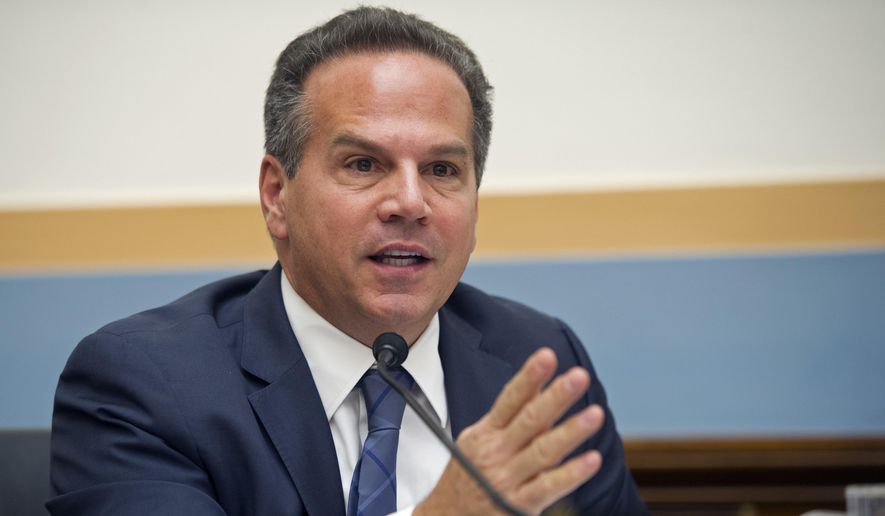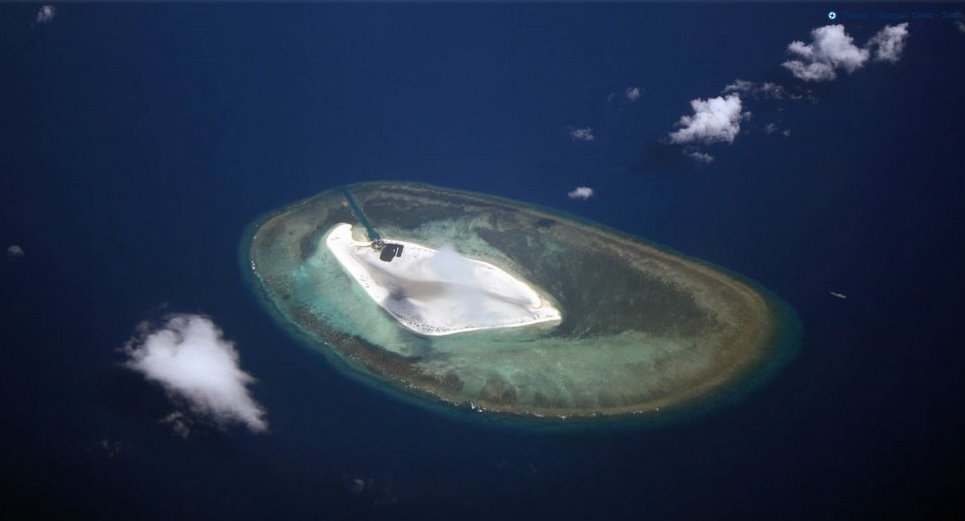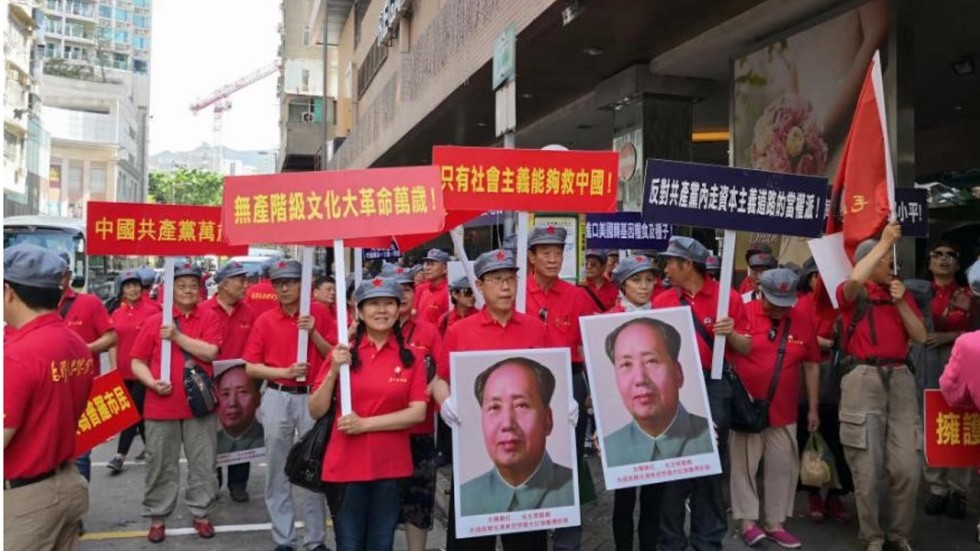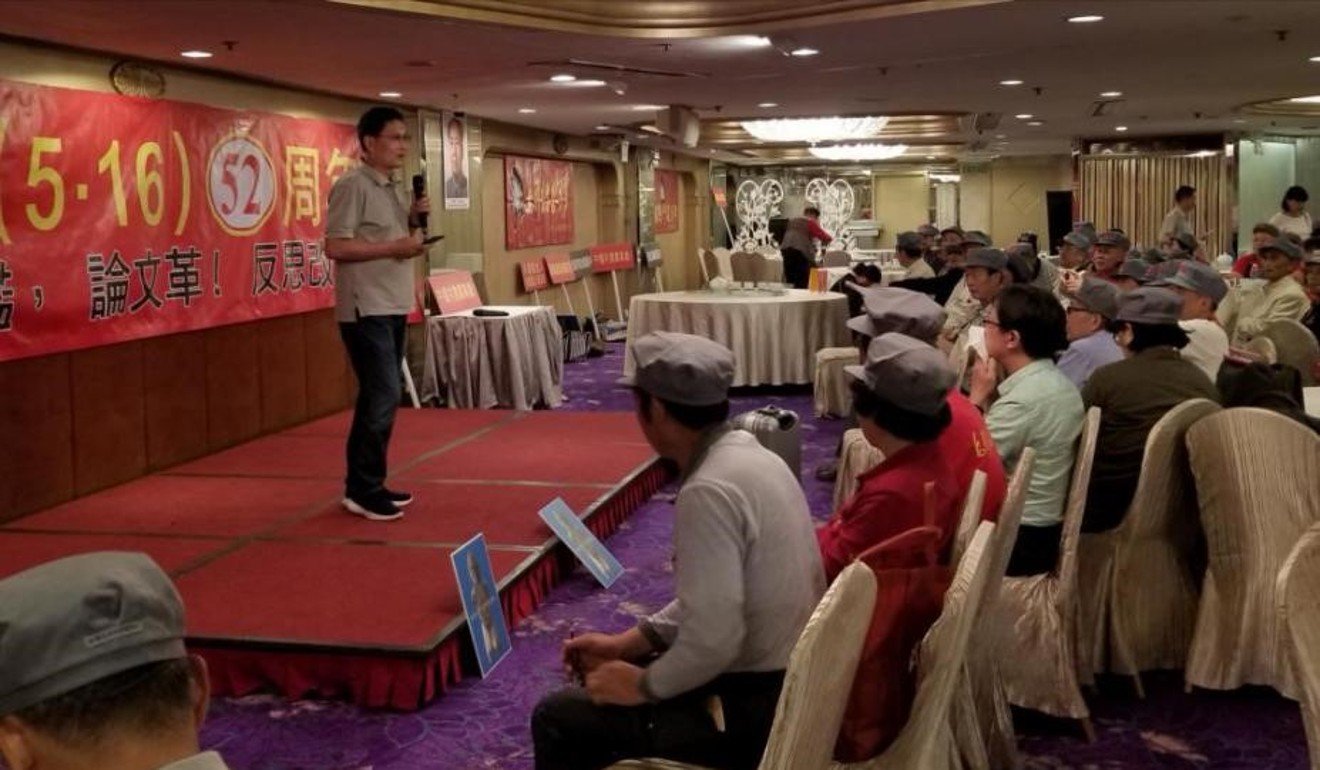By David Boddiger

Optics and ethics are two words that simply are lacking in the Trump family lexicon.
We already knew Donald Trump’s recent about-face on the Chinese telecom company ZTE—considered a national security threat by both Democrats and Republicans—was suspect.
Shortly after Trump tweeted earlier this month that he was reversing policy on ZTE, news reports surfaced that the Chinese government had agreed to grant $500 million in loans to an Indonesian resort project that would directly enrich Donald Trump.
The loan was announced just 72 hours before Trump tweeted his order to bail out ZTE from impending closure.
Now, the government ethics watchdog group Citizens for Responsibility and Ethics in Washington (CREW) is reporting that the Chinese government approved five trademark applications for Ivanka Trump’s businesses the same week Trump tweeted his pro-China reversal.
Now, the government ethics watchdog group Citizens for Responsibility and Ethics in Washington (CREW) is reporting that the Chinese government approved five trademark applications for Ivanka Trump’s businesses the same week Trump tweeted his pro-China reversal.
Another trademark was approved the previous week.
The trademarks, applied for in March 2017, give the president’s daughter’s company rights in China on goods including bath mats, textiles, and baby blankets, CREW said.
“Ivanka Trump Marks LLC already holds more than a dozen trademarks in the country as well as multiple pending applications. China is also a major supplier of Ivanka Trump-branded merchandise,” CREW stated.
Ivanka has placed her part of the business that bears her name in a trust, but she continues to receive profits, the watchdog group said.
The trademarks, applied for in March 2017, give the president’s daughter’s company rights in China on goods including bath mats, textiles, and baby blankets, CREW said.
“Ivanka Trump Marks LLC already holds more than a dozen trademarks in the country as well as multiple pending applications. China is also a major supplier of Ivanka Trump-branded merchandise,” CREW stated.
Ivanka has placed her part of the business that bears her name in a trust, but she continues to receive profits, the watchdog group said.
Last year, three of her business’s trademark applications in China were approved the same day she and her husband, presidential adviser Jared Kushner, had dinner with Xi Jinping at the family’s Mar-a-Lago estate.
Also, Trump’s looming trade war with China by way of new tariffs on Chinese goods would conveniently exempt clothing, a not-so-subtle benefit to his daughter’s businesses.
On Friday, Trump announced via Twitter that he had struck a deal with ZTE to put the company back in business in exchange for China’s payment of a substantial fine, its placement of U.S. compliance officers at the firm, and changes to its management team, The New York Times reported.
Also, Trump’s looming trade war with China by way of new tariffs on Chinese goods would conveniently exempt clothing, a not-so-subtle benefit to his daughter’s businesses.
On Friday, Trump announced via Twitter that he had struck a deal with ZTE to put the company back in business in exchange for China’s payment of a substantial fine, its placement of U.S. compliance officers at the firm, and changes to its management team, The New York Times reported.
In doing so, Trump blamed former President Barack Obama and Democratic Sen. Chuck Schumer, and Democrats in general, for ZTE’s past spying misdeeds, while unabashedly making himself out to be a hero.
But it isn’t just Democrats who are angered by Trump’s ZTE policy shift.
But it isn’t just Democrats who are angered by Trump’s ZTE policy shift.
Republican Sen. Marco Rubio spent all week “raising alarm bells” over Trump’s dealing, according to NBC News, including delivering a “25-minute tirade on the Senate floor.”
“Yes they have a deal in mind. It is a great deal... for #ZTE & China,” he tweeted on Friday.
Additionally, both chambers of Congress advanced amendments to block any executive action ordered by Trump that would benefit ZTE, NBC reported.
“Yes they have a deal in mind. It is a great deal... for #ZTE & China,” he tweeted on Friday.
Additionally, both chambers of Congress advanced amendments to block any executive action ordered by Trump that would benefit ZTE, NBC reported.





 Secretary of State Mike Pompeo said the US was moving medical teams to China over the 'sonic attack'
Secretary of State Mike Pompeo said the US was moving medical teams to China over the 'sonic attack'